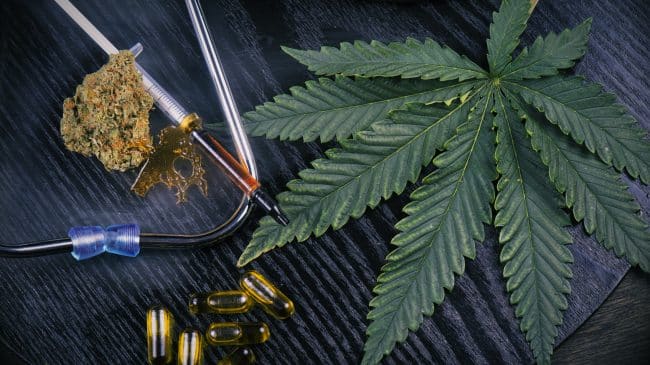Highlight: In response to critical feedback from businesses and consumers alike, California’s Department of Public Health recently proposed emergency regulations to allow certain cannabis manufacturers to share licensed premises. In addition to the practical supply benefits in the marketplace, the change also symbolically represents a welcome reduction in the compliance burdens facing licensees in the state.
News and Opinion
More isn’t always better when it comes to illicit drug enforcement. Teri Moore shows how law enforcement can easily become too focused on quantity of drugs seized instead of staying focused on reducing harm to citizens.
Economist Steven Horwitz shows that eliminating opioids prescriptions is a one-sided response to the issue that ignores how opioids, when used responsibly, can be pivotal to improving quality of life for patients with debilitating pain
Portland cannabis tax raises $350,000 for workforce training earmarked specifically for individuals disproportionately affected by cannabis prohibition.
Five years after Uruguay being the first country to legalize cannabis, a Brookings report examines its policy implementation. Importantly, the report recommends increased market competition in the areas of distribution and supply – a reminder to policymakers that legalization as social policy does not always equate to a successfully functioning market.
Legislation, Regulation, and Markets
How high is too high to drive? Without a scientifically reliable metric like blood alcohol content, Drug Recognition Experts could be the best option for the moment.
California could be grabbing an early lead in “pot tourism” by permitting on-site consumption in some cities, particularly because they are some of the first to allow smoking.
As legalization sets in, some states are starting to expunge past marijuana charges from individuals’ criminal records in an effort to redress damages from the prohibition era.
After banning delivery by retail cannabis businesses, the Colorado legislature is considering a bill to create a limited “pilot program” exemption to allow retail delivery in select cities.
Supply of legal marijuana in California may be bottlenecking due to slow approval and licensing of testing facilities.
An interactive Orange County Register feature lists the local cannabis laws for every one of California’s 482 cities and 58 counties.
Evidence
Can technology help fix the opioid problem? Evidence-based telemedicine, such as mobile apps available 24/7 for recovering addicts, could be used to help treat less severe, but more common addictions.
A new study finds that state-level medical marijuana legalization is associated with a decrease in opioid prescriptions.
Should Kratom really be categorized as a schedule 1 drug? Perhaps not, and it may even help with opioid addiction if legal barriers to innovation are brought down.
James Craven shows that the relationship between marijuana use and anxiety isn’t as simple as it first appears.
Teri Moore argues that legalizing marijuana may accomplish many goals of the war on drugs, including safer drug use and reduced overdose mortality.

